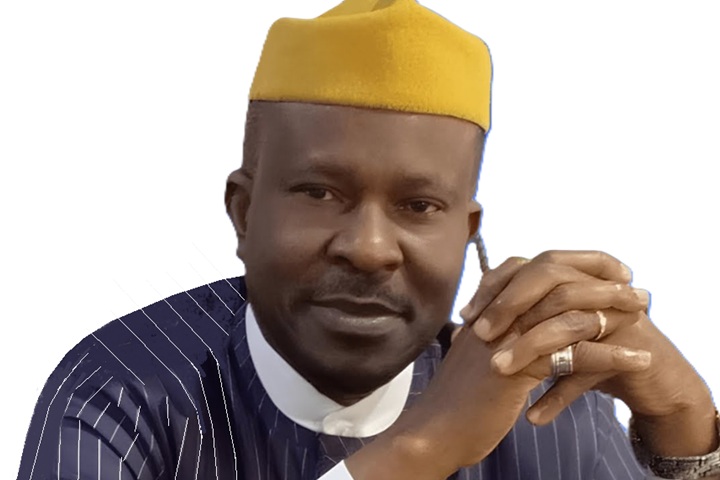Featured
More Nigerians abroad return home, citing harsh realities
DDM News

A growing number of Nigerians who previously relocated abroad in search of better lives are now choosing to return home.
According to Diaspora digital media (DDM), they cite unmet expectations, mental health challenges, high living costs, and social isolation as key reasons for their decision.
This development marks a shift from the popular “Japa” trend, which saw thousands of Nigerians leaving the country for Europe, North America, and parts of Asia.
“Japa,” a Yoruba word meaning “to flee,” became a social movement reflecting the mass exodus of Nigerian youths seeking greener pastures abroad.
In recent years, Nigeria’s worsening economy, insecurity, and unemployment pushed millions to explore foreign opportunities through study, work, or skilled migration programs.
According to the Nigerian Immigration Service (NIS), over 3.6 million Nigerians emigrated in just two years.
In 2023 alone, around 260,000 Nigerians reportedly sought assistance for migration, with the United Kingdom being the most popular destination.
However, the promise of better conditions abroad is proving hollow for many, leading to a growing number of returnees.
Among them is Judith Okoli, a 30-year-old registered nurse who moved to the United States in 2017 to advance her career.
While she earned a stable income, Okoli quickly realized that life in the U.S. was far more difficult than expected.
She revealed that her monthly rent exceeded $3,000, making it hard to save or live comfortably.
She also struggled with racism, loneliness, and emotional stress, which eventually affected her well-being.
In 2019, Okoli made the bold choice to return to Nigeria despite initial fears and uncertainty.
Her early attempts to venture into entrepreneurship failed, but she later found success in agriculture.
Today, she runs a farming business and describes it as both financially and emotionally fulfilling.
Mental health challenges are another major factor prompting Nigerians to return home.
Kenny Igho, a mother of two, relocated to the United States but battled anxiety and subtle depression.
Despite appearing stable on the outside, she found life abroad emotionally draining and socially isolating.
Eventually, she decided to return to Nigeria for the sake of her mental well-being.
She believes many Nigerians abroad suffer silently due to fear of stigma or the pressure to succeed.
Another notable returnee is Dr. Julius Oni, a seasoned orthopedic surgeon who spent 25 years in the U.S.
Dr. Oni left a prestigious role at Johns Hopkins University to return to Nigeria and establish a musculoskeletal care center.
His aim is to provide high-quality orthopedic services locally, reducing the need for Nigerians to travel abroad for treatment.
He expressed a strong desire to contribute meaningfully to healthcare in Nigeria using the skills he acquired overseas.
Not all returnees were met with support or understanding upon their return.
Summer Aku, a content creator, said some Nigerians mocked her for coming back and attributed her decision to superstitions.
Despite criticism, she highlighted the emotional benefits of being near family and part of community life.
She emphasized that family bonds, cultural belonging, and meaningful social connections are irreplaceable.
Another returnee, who spent four years in the UK, recounted the mental and physical toll of juggling school, work, and childcare.
He described the difficulty of adjusting to a new culture and the pressure to keep up with life abroad.
Ultimately, he chose to return to Nigeria to regain peace of mind and a sense of balance.
For many returnees, the choice to return is not about failure but rediscovery.
They acknowledge Nigeria’s challenges, economic instability, insecurity, and poor infrastructure but still find value in reconnecting with their roots.
Many are now venturing into entrepreneurship, farming, and healthcare, creating new paths for themselves back home.
This emerging reverse migration trend reveals the complex realities of global mobility and the human need for community, identity, and emotional security.
While the “Japa” dream once promised prosperity, the voices of returnees suggest that home may offer a different kind of fulfillment.
For Diaspora Digital Media Updates click on Whatsapp, or Telegram. For eyewitness accounts/ reports/ articles, write to: citizenreports@diasporadigitalmedia.com. Follow us on X (Fomerly Twitter) or Facebook











